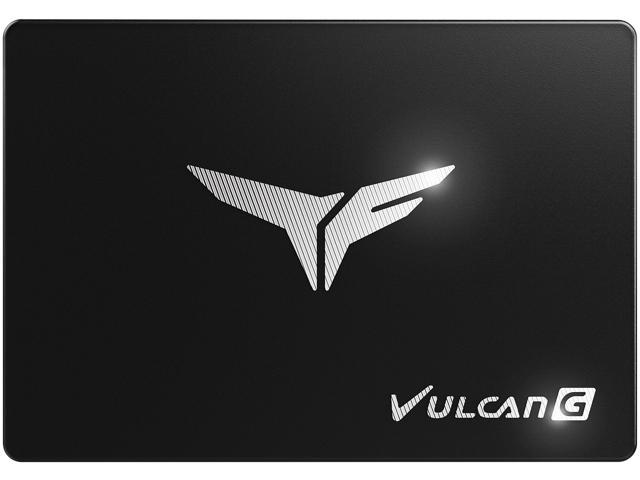- Joined
- May 14, 2004
- Messages
- 28,665 (3.74/day)
| Processor | Ryzen 7 5700X |
|---|---|
| Memory | 48 GB |
| Video Card(s) | RTX 4080 |
| Storage | 2x HDD RAID 1, 3x M.2 NVMe |
| Display(s) | 30" 2560x1600 + 19" 1280x1024 |
| Software | Windows 10 64-bit |
The Team Group Vulcan G SSD is priced extremely competitively: just $80 for the reviewed 1 TB version, it is more affordable than other entry-level SSDs. The Vulcan G is also considerably faster than the Samsung 870 QVO and Crucial BX500.
Show full review
Show full review









